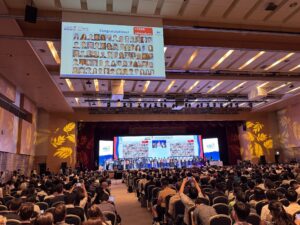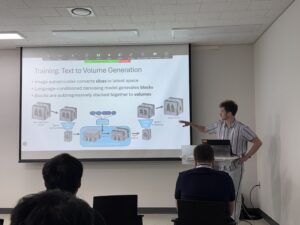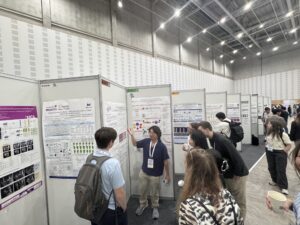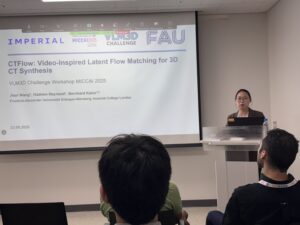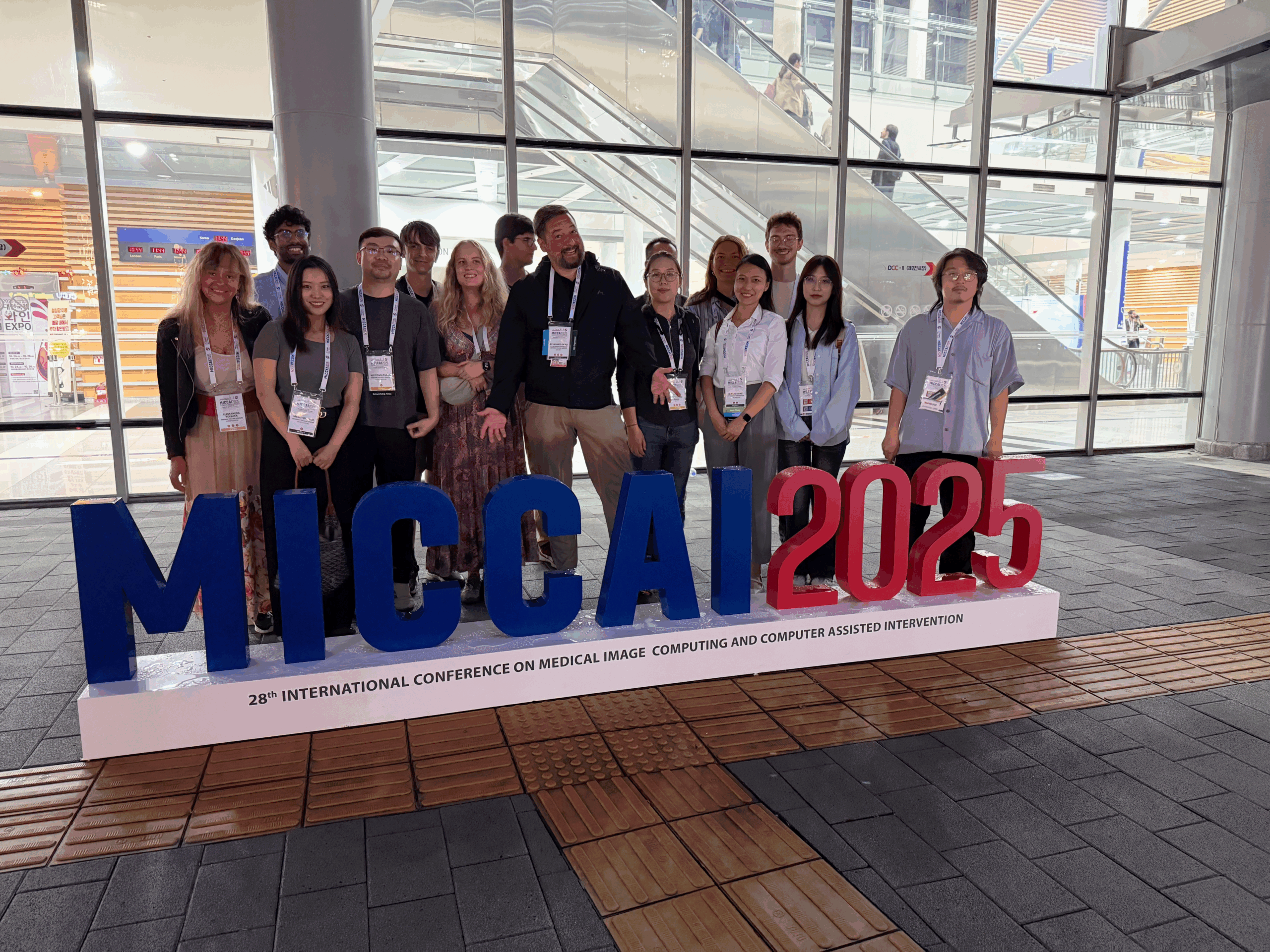MICCAI 2025 in Daejeon, South Korea, was an exciting and inspiring week for the IDEA Lab. Our team contributed across the main conference, workshops, and challenges, with twelve papers and projects tackling diverse problems in medical imaging, from generative modelling and segmentation to secure data sharing and clinical report understanding. Together, these works reflect our ongoing effort to push the boundaries of what is possible with AI in healthcare.
Our contributions included:
- Graph Conditioned Diffusion for Controllable Histopathology Image Generation
- Diffusing the Blind Spot: Uterine MRI Synthesis with Diffusion Models
- KidneyGrader: Fine-Grained Tubulitis Scoring Using Weakly Supervised Transformers
- Enabling PSO-Secure Synthetic Data Sharing Using Diversity-Aware Diffusion Models
- GroundingDINO for Open-Set Lesion Detection in Medical Imaging
- Ontology-Based Concept Distillation for Radiology Report Retrieval and Labelling
- MESHAgents: Multi-Agent Reasoning for Cardiovascular Imaging Phenotype Analysis
- Mesh4D: A Motion-Aware Multi-View VAE for 3D+t Mesh Reconstruction
- L-FUSION: Laplacian Fetal Ultrasound Segmentation & Uncertainty Estimation
- Last Layer Laplacian Pseudocoresets for Robust Medical Image Analysis
- Contribution to the MICCAI MEC Challenge
- VLM3D Challenge
We were proud to see several members of the lab recognised for their contributions to the field. Johanna P. Müller won the First Place WiM Award for Best AI Democratisation Paper, Aleksandra Kulbaka secured First Place in the MICCAI Educational Challenge, and Matthew Baugh was named an Outstanding Reviewer.
